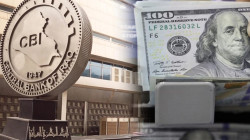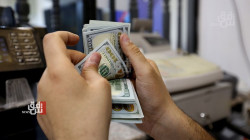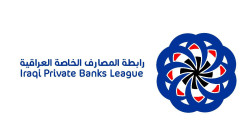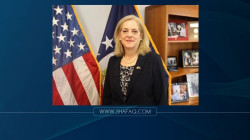Blazing embassy, reversed decree, and sanctions: three crises unforeseen in Iraq
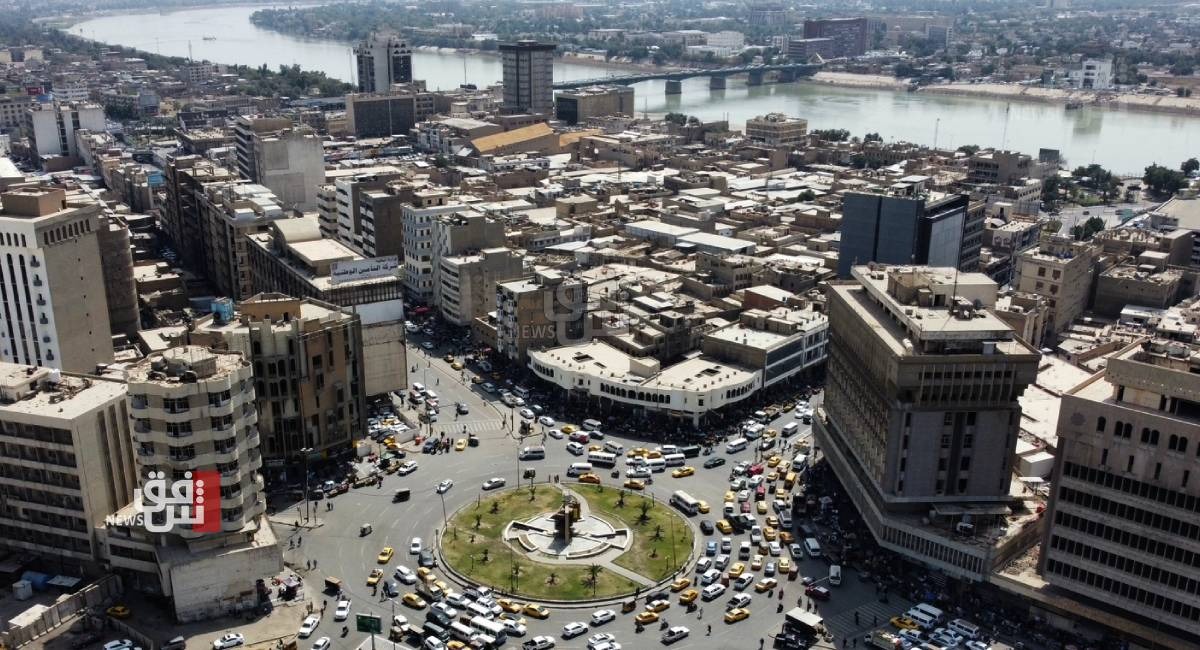
Shafaq News/ The recent days in Iraq have brought forth a series of challenging situations, both at the national and international levels, which the government and political forces have had to confront. Among these challenges, the unusual criticism from the United States concerning the case of the Chaldean Catholic Patriarch, Cardinal Louis Raphael Sako, stands out, as well as the deterioration of relations with Sweden, particularly exacerbated by the Sadrists' storming of the Swedish embassy in Baghdad. Additionally, the sudden decision by the U.S. to impose sanctions on 14 Iraqi banks has further intensified the complexities faced by the administration of Muhammad S. al-Sudani.
These events have raised serious concerns regarding the performance of the al-Sudani administration and highlighted the presence of rivalries and internal conflicts, notably within the Sadrist movement. The supporters of the Sadrist movement not only contributed to the attack on the Swedish embassy but also put the administration in a challenging position, forcing it to take a strong stance against Sweden for allowing the burning of the Qur'an. Consequently, the relations between the two nations are likely to deteriorate further, leading to a more intricate stage of complexity.
Of all the recent developments, the decision by Washington to impose sanctions on multiple Iraqi banks has been deemed the most perilous. The justification provided was to prevent Iran from accessing the dollar, yet this move is expected to adversely impact the stability of the Iraqi dinar and send an unfavorable message about the country's economy. The al-Sudani administration had hitherto considered the economy as a pivotal area to achieve its objectives, thereby improving Iraq's image and emphasizing its stability and attractiveness for investments and major projects.
There is now a growing concern among observers that these unfolding events might result in political isolation for Iraq on an international scale, particularly considering the persistent allegations about Iran profiting from dollar transactions in the country and concerns related to the rights of Christians.
Political analyst Munqith Dagher attributes the failure of al-Sudani's government's foreign policy to two key factors, one internal and the other external. Internally, the government faces competition from other groups, such as the Sadrists, and within the Coordination Framework itself, as each faction strives to exert control over the situation. Moreover, the al-Sudani government appears to hold a misconception that improved relations with the American ambassador and assurances regarding the presence of U.S. troops in Iraq would grant it unrestricted freedom of action.
Dagher further elaborated that several events have caused displeasure among the U.S. and Europe with Iraq, the most recent being the oil agreement with Iran concerning Iranian gas. This has led to misinterpretations from within the country and impatience from external powers. Foreign nations, particularly the U.S., have given sufficient time for the al-Sudani government to demonstrate its intentions and align them with concrete actions.
Simultaneously, tensions have arisen between Baghdad and Washington over what the Americans have labeled as "harassment" of the Chaldean Catholic Patriarch, Cardinal Louis Raphael Sako, within Iraq. This has added to the strain between him and President Abdul Latif Rashid and the Babylon Christian movement.
On Wednesday, the Iraqi presidency issued a statement denouncing the remarks made by U.S. State Department spokesperson Matthew Miller, who condemned the alleged harassment of Cardinal Sako, expressing regret for his departure from Baghdad.
In light of these multifaceted challenges, it is evident that the al-Sudani administration must address both internal and external factors, reassess its foreign policy approach, and work towards achieving stability and constructive international relations in the best interests of Iraq and its people.
Miller added, "We are concerned that the Cardinal’s position as a respected leader of the Church is being harassed from many quarters. We look forward to his safe return. The Iraqi Christian community is a vital part of Iraq’s identity and an essential pillar of Iraq’s history, which is full of diversity and tolerance."
The Iraqi presidency stated announcing its intention to summon the U.S. ambassador to Iraq in response to the U.S. spokesperson's statements on the case of Cardinal Sako.
In addition, as part of a crackdown on dollar transactions with Iran, the US Treasury placed sanctions on 14 Iraqi banks. This will have an impact on the dinar's stability, which has recently seen volatility as a result of restrictions the U.S. Treasury placed on dollar transactions in Iraq.
However, economist Salam Simaisim told Shafaq News Agency that "the Central Bank of Iraq (C.B.I.) complies with the instructions of the American Federal Bank through the platform and all other instructions, and therefore has no role in the incorrect behavior of these banks."
She added that "the banks that were sanctioned showed that due to the influence they have on the Iraqi reality, both economic and non-economic, they are not complying with the instructions of the government, the C.B.I., or the U.S. Federal Reserve," referring in particular to the majority of Islamic banks. She called for a review of Iraqi monetary policy and monetary decision-makers in Iraq. She also pointed out that the file of managing banks is managed through political influence and not through an economic administration that would have complied with the instructions and prevented money laundering.
Simaisem warned that the crisis could lead to a shortage of dollars and a rise in value, which would affect the government's ability to secure salaries in dinars.
For his part, economist Dhurgham Mohammed Ali said that "the U.S. sanctions were accompanied by new instructions to the C.B.I. to reduce the smuggling of foreign currency and curb the price increase in the parallel market by setting new ceilings for the amounts in prepaid cards and tightening controls for issuing and using them outside Iraq."
He added that "these sanctions will push the rest of the banks to implement the instructions of the C.B.I. by adhering to the electronic platform and avoiding the illegal sale of the dollar," expecting "a rise in its price during the next period."
In addition, according to economist Omar al-Halbousi, the C.B.I. and the government should work to stop illegal activity and the flouting of legal requirements, as well as punish lawbreaker banks for their role in complicating banking operations, depreciating the value of the national currency, and undermining public confidence in the banking system.
According to Al-Halbousi, the C.B.I. is run by a lobby with ties to political parties that interfere with its operations and even contribute to the problem by making poor decisions, as well as by turning a blind eye to bank violations and not prosecuting offenders because they are affiliated with political parties or have ties to armed factions.
He continued by saying that the departure of such a sizable number of banks would be detrimental to the currency rate. He also cautioned that other banks that are being watched have red flags and do illegal business, and that another package will likely be released with a list of banks that will be punished for breaking rules and regulations.
For his part, economist Mahmoud Dagher said, "There is no doubt that, from today, the dollar exchange rate will start rising and is expected to exceed 1500 dinars because of sanctions on total of 21 banks, and until the issue is remedied and balance is created in the market, the dollar will continue to rise."

